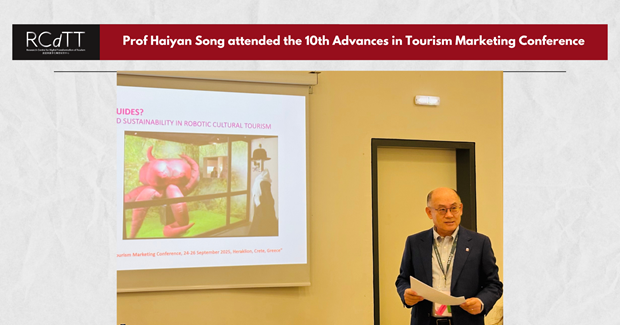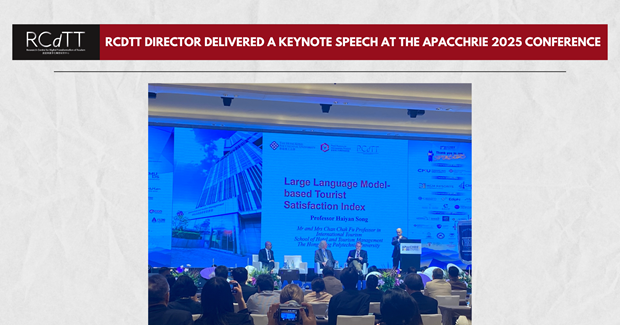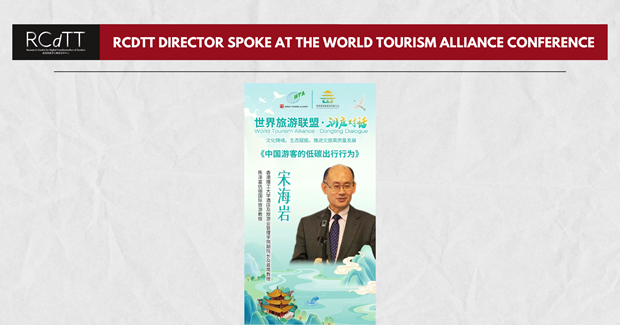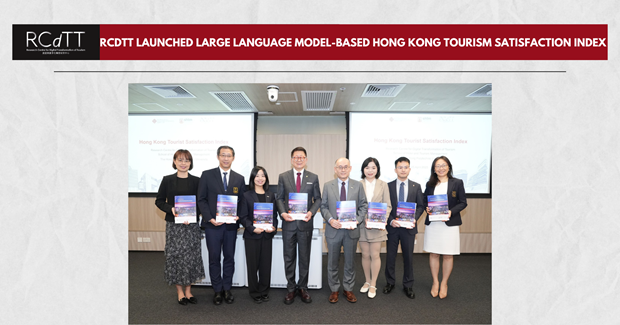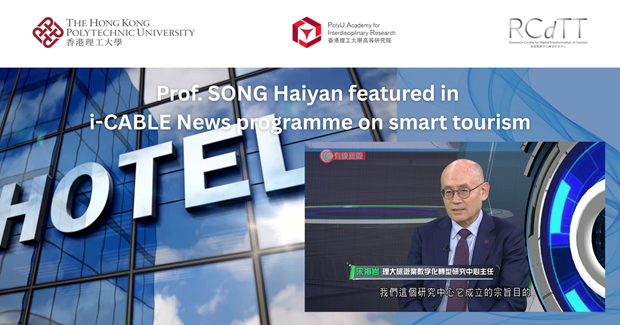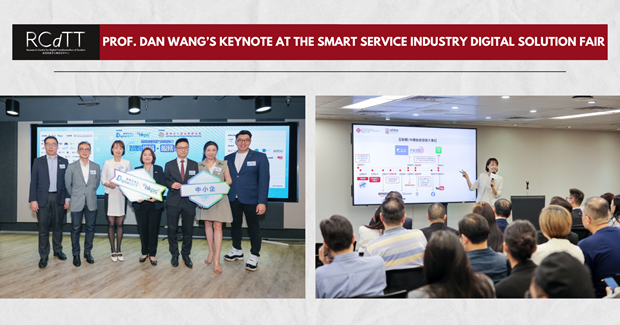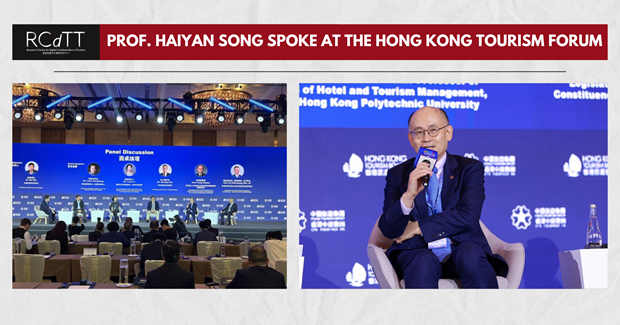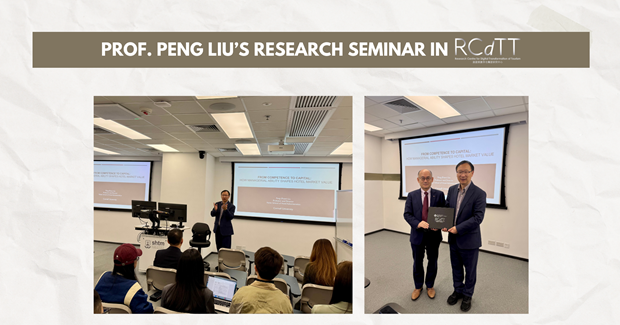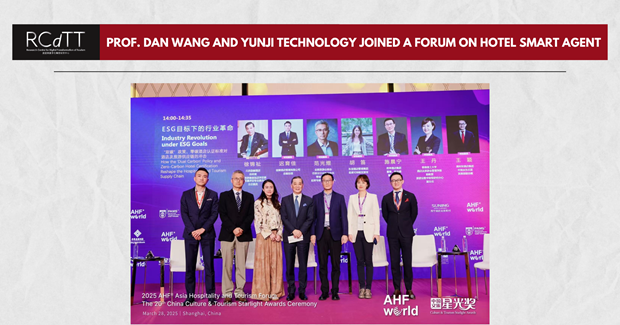On September 29, 2025, research team from the Research Centre of Digitial Transformation of Tourism (RCdTT) and School of Hotel and Tourism Management (SHTM) of The Hong Kong Polytechnic University (PolyU) attended the World Travel & Tourism Council (WTTC) Global Summit in Rome Italy for the launch of their collaborative project with WTTC entitled “The Future of Work in Travel and Tourism: The key trends shaping workforce strategies”.
Led by Prof Haiyan Song, Mr and Mrs Chan Chak Fu Professor in International Tourism, SHTM Associate Dean, Chair Professor, and Director of RCdTT, along with Mr Nejc Jus, Director of Research at WTTC, and co-authored with Prof. Richard T.R. Qiu, Prof. Yitong Yu, and colleagues from WTTC, the research is a comprehensive overview of the employment trends and challenges in the Travel & Tourism sector, with a dedicated analysis that highlights skill requirements, skill demand and supply forecast and offers practical recommendations to future-proof the travel and tourism workforce. The research draws on in-depth quantitative and qualitative surveys and interviews with industry leaders. It will serve as a valuable tool for industry professionals, policy makers and academics to adapt and consider when doing workforce planning.
The Travel & Tourism industry remains a powerful contributor to the global economy, generating over 10.9 trillion US dollars in 2024 and supporting more than 350 million jobs worldwide. It is anticipated to create nearly 91 million additional positions by 2035. Despite these encouraging numbers, the sector faces significant obstacles, including persistent labour shortages.
The report reveals that:
- Travel & Tourism businesses face three major challenges, including recruiting and retaining talent, the shifts of working patterns towards remote, part-time, and hybrid work that conflict with traditional service roles, as well as the growing importance of adapting to technological advancements and sustainability demands.
- Technological and digital literacy is seen as a critical skillset across all job roles for the coming decade. Other role-specific findings include those managerial positions require stronger critical and creative thinking, customer-facing roles need improved leadership and management skills, and operational staff need to focus on reliability, flexibility, resilience, and a commitment to lifelong learning.
- Forecasts indicate that by 2035, the Travel & Tourism sector across 20 key economies will face a workforce shortfall of 43.1 million, with low-skilled roles experiencing the most significant deficits. The hospitality industry alone may be 18% understaffed, and countries such as China, India, and regions such as the EU are expected to see the highest absolute shortfalls, while Japan, Greece, and Germany face the most severe relative supply gaps, underscoring the urgent need for coordinated efforts to attract, train, and retain talent.
- To future-proof the travel and tourism workforce, collaborative efforts between government, academia, and businesses are essential. Recommendations to tackle labour shortage include improving the industry’s appeal to young talent, facilitating career progression, ensuring decent work conditions, leveraging technology to boost productivity, adopting flexible hiring policies, enhancing the quality and availability of qualifications, strengthening business-education collaboration, and providing widespread upskilling opportunities.
Serving as one of the largest employers worldwide, it is crucial for the Travel & Tourism sector to build a resilient and sustainable workforce. Collaborative efforts between government, academia, and businesses are essential to future-proof the travel and tourism workforce.
For more details, please visit The Future of Work in Travel & Tourism: The key trends shaping workforce strategies | WTTC Research Hub
| Topics | Research |
|---|---|
| Research Units | Research Centre for Digital Transformation of Tourism |
You may also like



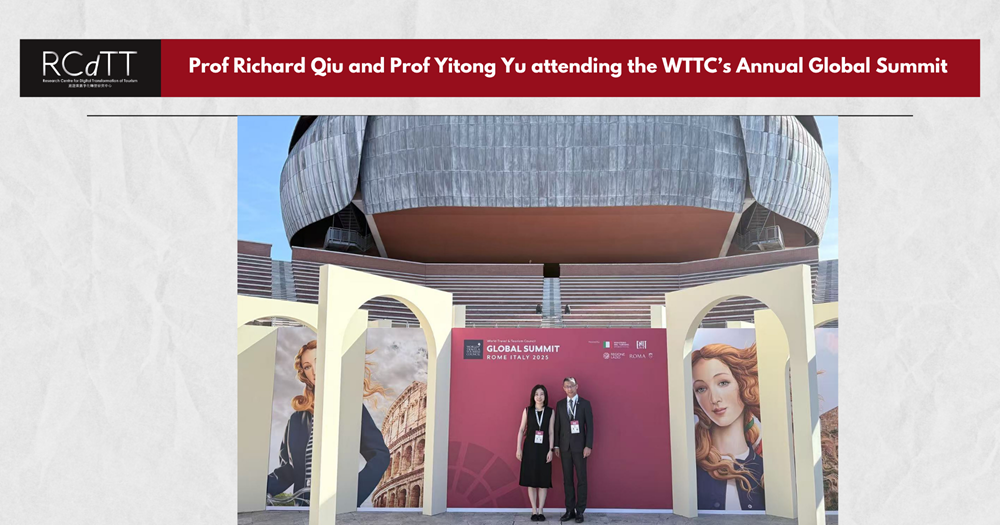
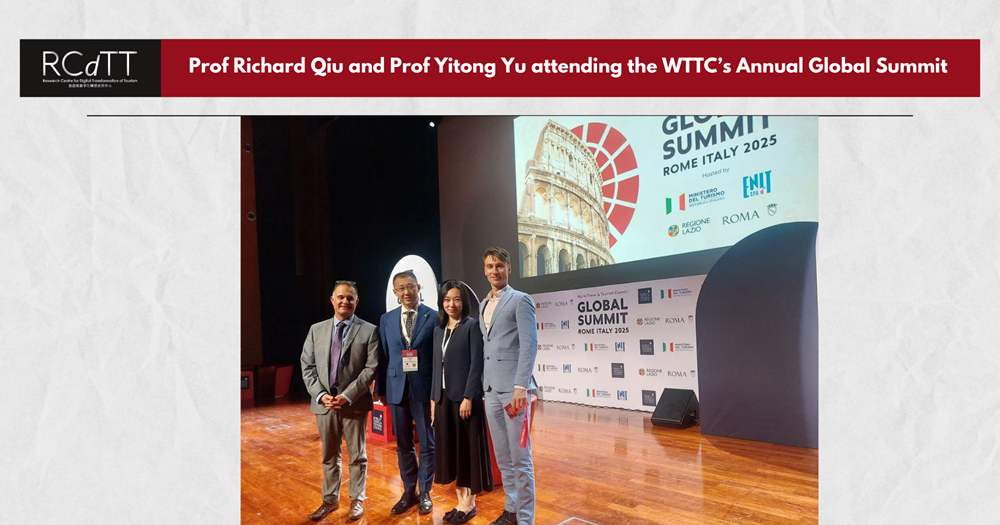
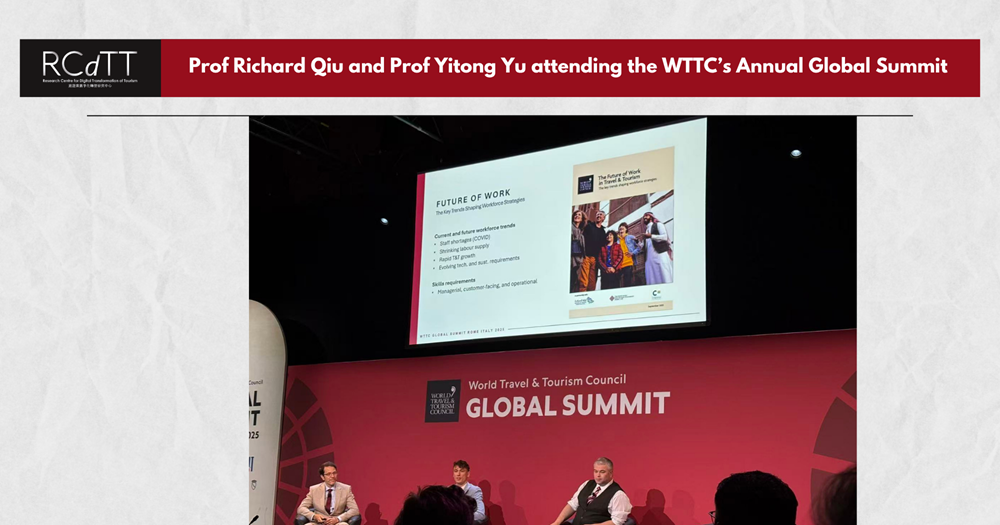
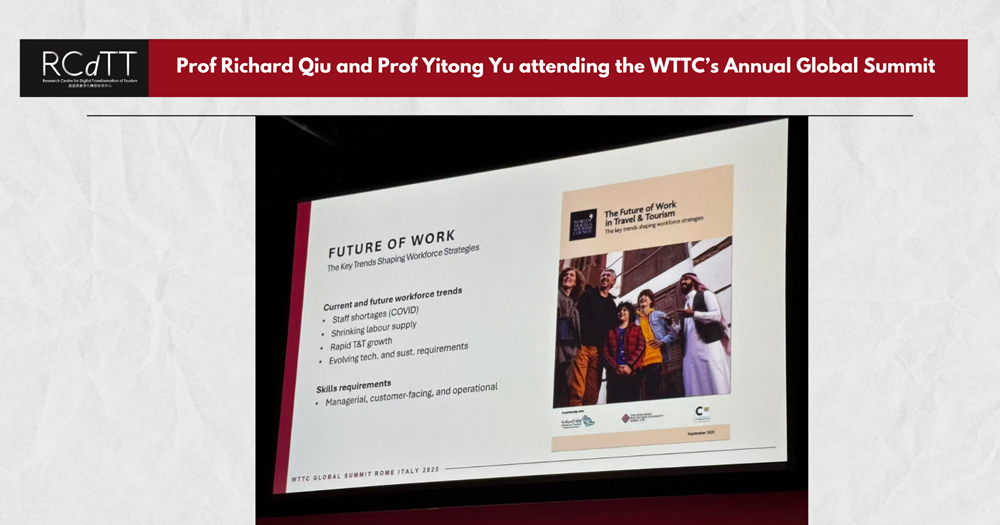
.png?bc=f1f1f1&h=325&w=620&rev=0a12c57be0584c3f905b52b7c76610b6&hash=C8EAA7BA3E79B4CDE948781587CF08DF)
